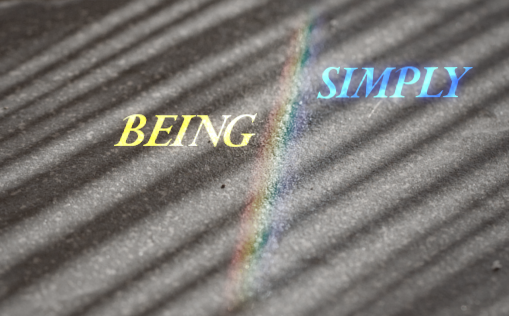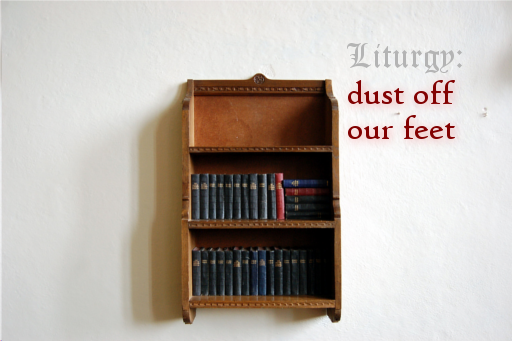Seriously. At least in terms of prayer.

Photo: Scott Akerman, re-used under CC license.
Long prayers are not more powerful than short ones.
I’ve heard prayers that sound like an auction, with as much as possible crammed into them. Tons of words, no breathing space, and oh so much mumbling. I don’t think that’s what Paul had in mind when he talked about groanings.
If you’re trying to make your prayer longer, you will be likely to repeat yourself, to forget who you’re praying to and therefore repeat it every other second. Worse, you are likely to switch who you’re praying to, from a simple “Father” at the start of your prayer to a “Lord Jesus” in the middle, to finish with a hesitation between “In Your name” and “In the name of Your Son”.
Remember: whether to the Son or to the Father you are praying to a God who knows you intimately and who does not need you to justify your prayers. Being thorough in your prayers is not necessary.
Short prayers are not better than long prayers
Being concise is neither a sign of holiness, nor a sign of a Spirit-inspired prayer.
God is alive. The Spirit is alive. If you’re afraid that your prayers will go on for too long, and deny the Spirit a breathing space (pun intended), you may not allow yourself to be transformed by prayer. You may end up simply going through the motions of liturgical prayer without meaning any of it, because these prayers have been crafted through the ages and better than anything you could produce. Or you may end up not praying at all, because prayer becomes a perilous exercise in brevity and precision.
Remember: God is eternal. He has all the time to hear and listen to your prayers, so don’t rush it!
Silence is okay, too
Prayer meetings have a tendency to bring pressure onto individuals to pray out loud. If in a meeting there’s, say, five prayer topics, and by the end of the fourth round, all I’ve said is “Amen”, it feels like I ought to say something.
But if I say something for the sake of saying something; if, to phrase it differently, my spoken prayer is directed to the people around me rather than to God, I might as well not say anything.
Remember: We are instructed to be slow to speak and quick to listen.
So what’s the score?
Long or short or silent/contemplative, all prayer is good, and no type is better than the other! If you’re praying long prayers to look holy, stop! If you’re praying short prayers to look intellectual enough to make them concise, stop! For your own sake.
But. If everyone in your prayer meeting tends to pray long prayers, it is likely that your short prayers will stand out. The converse also holds. If your prayers stand out, it is likely (though by no means automatic) that you are continuing to do them out of misplaced pride; and it is likely (though again by no means automatic) that it disrupts your friends’ prayer by being surprising.
So… adapt. For their sake. And maybe for your own, as you may find you like a new approach to prayer. But not out of a misplaced notion that one type of prayer is more effective than the other.
 Photo:
Photo: 


